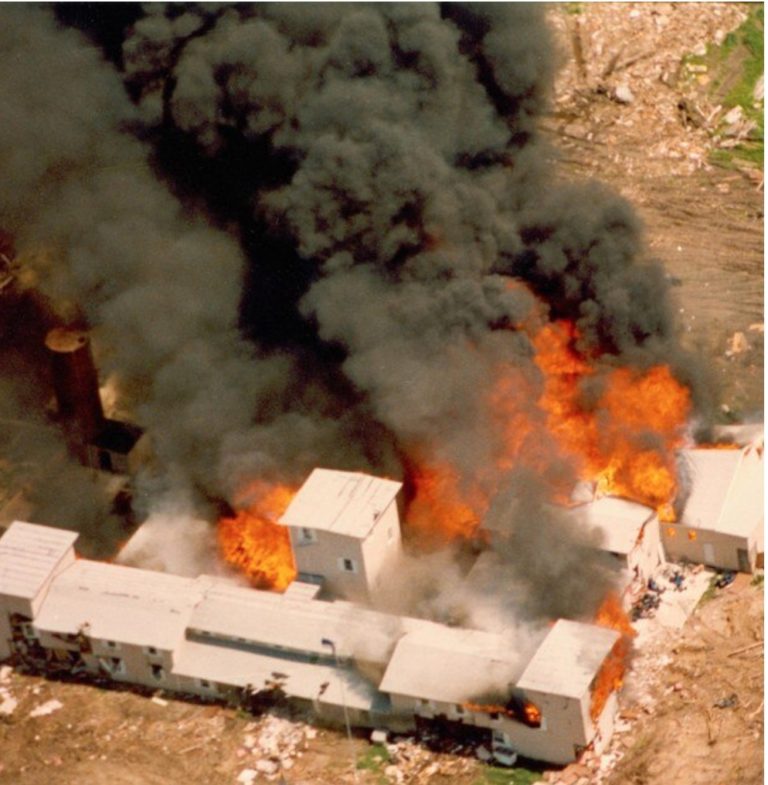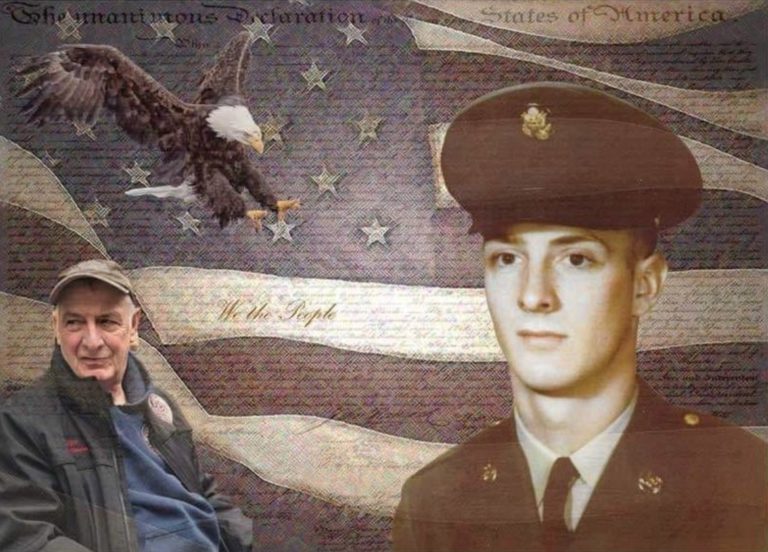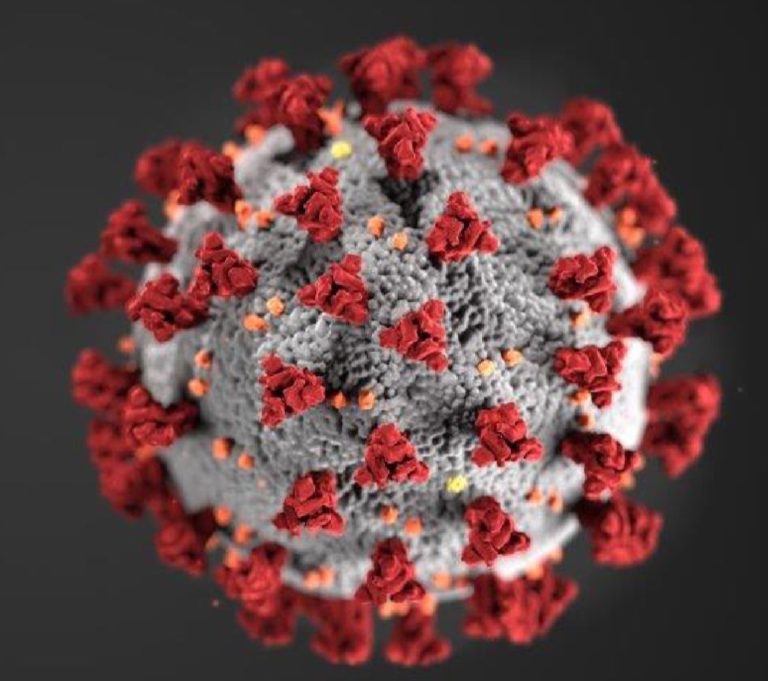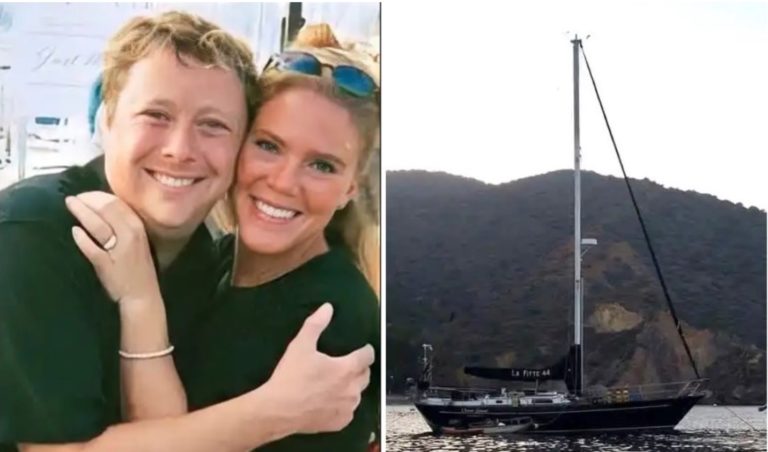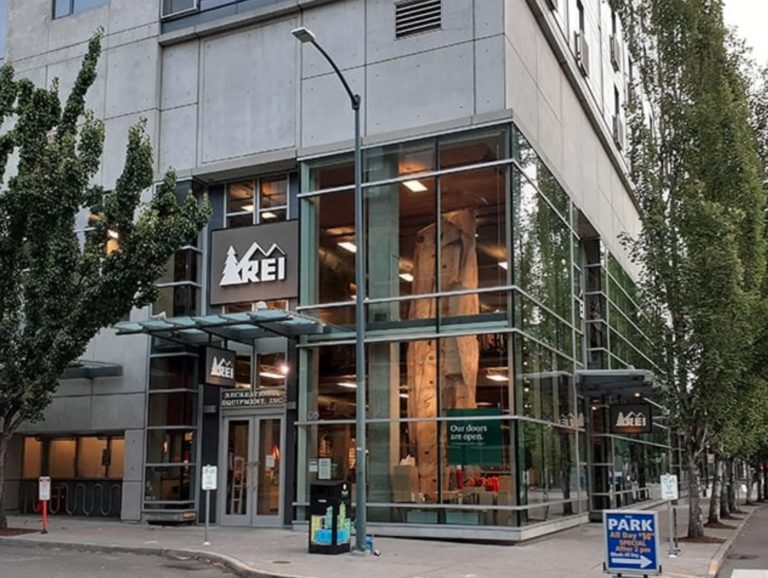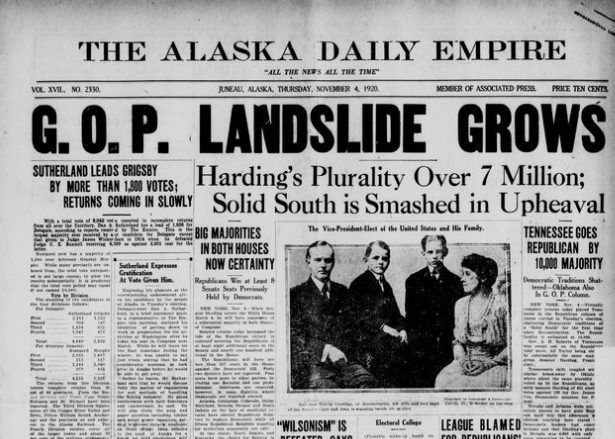The Waco Siege, which took place in early 1993, unfolded when a government raid was conducted on an unorthodox church compound at Mount Caramel near Waco, Texas.
The raid was aimed at the Branch Davidians, a group led by charismatic leader David Koresh, who were suspected of stockpiling illegal weapons.
The Bureau of Alcohol, Tobacco, and Firearms (ATF) obtained a “no knock search warrant” for the church and brought warrants for Koresh’s arrest.
The initial incident began with an attempted raid by 75 armed ATF agents, supported by two cattle trailers and military helicopters. A gun battle ensued, resulting in the deaths of four government agents, six Branch Davidians, and numerous injuries on both sides.
After the failed raid, a standoff continued for 51 days, and the crime scene was eventually taken over by the Federal Bureau of Investigation.
After several weeks, the FBI launched a final assault April 19, using incendiary tear gas in an attempt to force the Branch Davidians out of the church.
During the attack, a fire erupted and engulfed the Mount Carmel Center, resulting in the deaths of 82 Branch Davidians, including 25 children, two pregnant women, and the group’s leader David Koresh.
The Waco Siege raised questions about the actions of law enforcement agencies and the handling of the situation under Attorney General Janet Reno, during the Clinton Administration.
The FBI eventually acknowledged that agents fired “a very limited number” of potentially incendiary tear gas cartridges during the final assault, according to news accounts after the event. Many government officials have said that someone inside the compound started the fire, and that the law enforcement agencies were not to blame for the apocalypse that followed inside the walls.
“One of the truths that we will never be able to get to is what was the right thing to do, because we don’t know whether [Branch Davidian leader] David Koresh would have done it two weeks later on his own without any provocation. And we would have been blamed for not acting,” Reno told the Washington Post.
“All that we can do in law enforcement where we deal with human beings who do different things and march to different drummers is make the best judgment we can based on the information we have available, pursue it, and then do everything we can to get to the truth and to determine what can be done to avoid such tragedies for the future,” said Reno, who died in 2016.
Wikipedia describes Branch Davidians as “an apocalyptic new religious movement founded in 1955 by Benjamin Roden. They regard themselves as a continuation of the General Association of Davidian Seventh-Day Adventists, established by Victor Houteff in 1935.” The government has referred to them as a cult or sect.
Koresh arrived at the compound in 1981, and within 10 years had become the leader of the group, taking over from Roden, after a power struggle with Roden’s daughter Lois Roden. Koresh had several “spiritual wives” and some were as young as 12 or 13. He also had many children with these wives.
David Thibodeau, one of the nine survivors of the federal siege on Mount Caramel, is a Los Angeles musician who has written his account of the event and has a website devoted to the memory of those who died, where people can purchase Thibodeau’s book, “Waco, a Survivor’s Story.” His account has been made into a documentary.
All nine of the survivors spent several years in prison on charges relating to the initial raid, when four ATF agents and six Branch Davidians were killed. By 2013 they had all been released. Thibodeau was charged with conspiracy to commit murder and other crimes related to the resistance to the federal raid, but was eventually acquitted of all charges. All 11 Branch Davidian members who were indicted for murder and conspiracy to murder were acquitted, but five were convicted of voluntary manslaughter and weapons charges and three were convicted on weapons charges.
In addition to Thibodeau, Livingstone Fagan is one of the last living survivors who keep the memory alive of the Branch Davidians, and the group still remains in the Waco area. Books, documentaries, podcasts, and writers still ponder what happened during this 51 days at Mount Caramel and if the government might have done something different.
